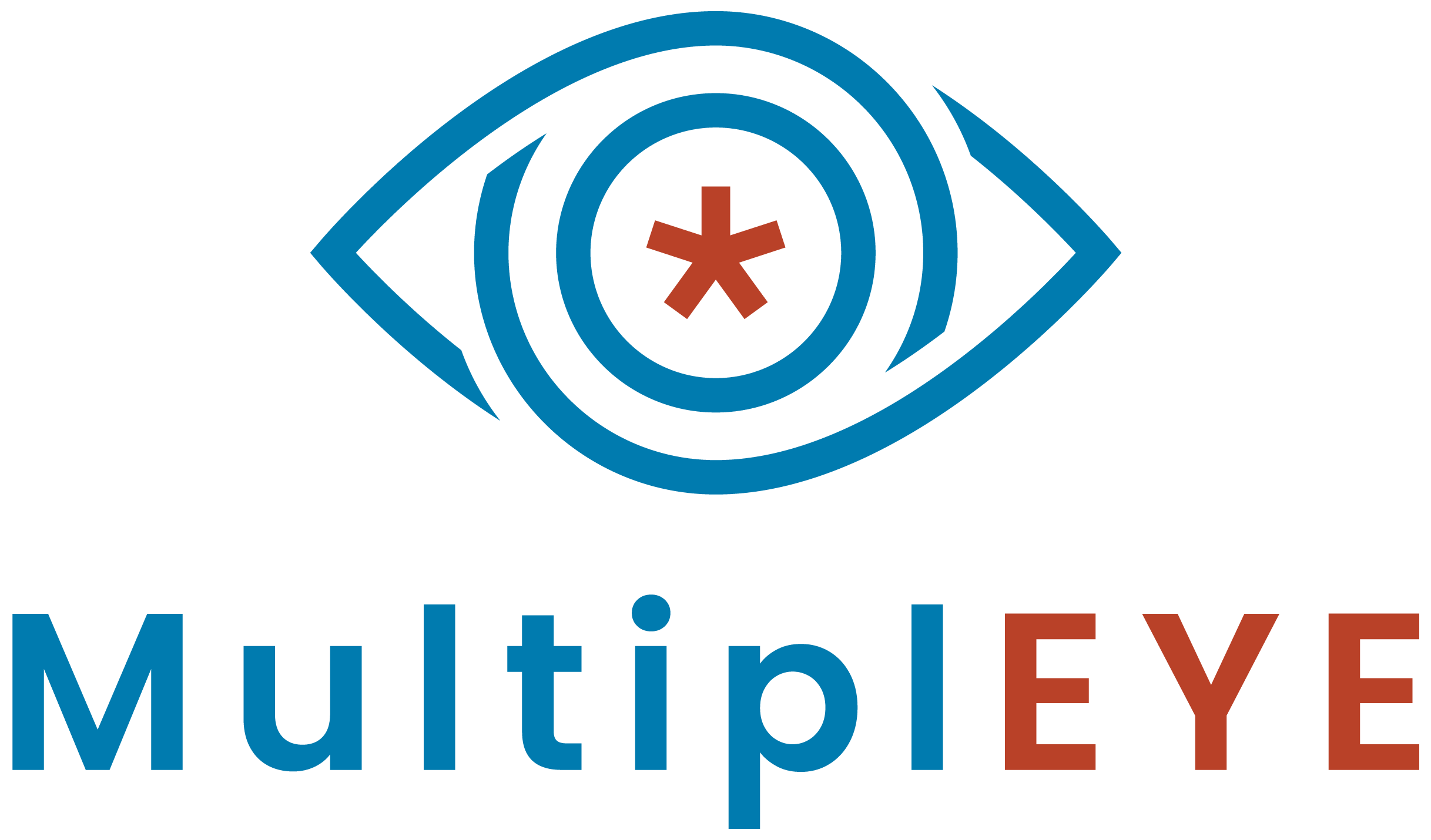In 2024, MultiplEYE’s network members have continued to foster funding support to shape the digital transformation of society through eye-tracking. The following projects funded during 2024, showcase MultiplEYE’s dedication to advancing research in various subfields of linguistics.
Eye tracking for analysing reception of machine translation and sign language (EyeSign)
The project “Eye tracking for analysing reception of machine translation and sign language (EyeSign)” is funded by the Research Council of Lithuania with a duration of 3 years. EyeSign focuses on comprehension, subjective perception and emotional reception of human translated vs. machine-translated texts when reading or understanding texts in sign language. The study will be based on an eye-tracking data analysis involving typical readers and deaf and hard of hearing participants. MultiplEYE stimuli corpus and collected eye tracking data will be used as part of this research.
The project team consists of Kaunas University of Technology researchers (headed by Ramunė Kasperė) who will partner with University of Zurich and University of Twente.
More information on this project: Eye tracking for analysing reception of machine translation and sign language (EyeSign) – Kaunas University of Technology | KTU
Synthesizing eye-tracking data for natural language generation and evaluation (EyeNLG)
The project “Synthesizing eye-tracking data for natural language generation and evaluation (EyeNLG)“, which is associated with MultiplEYE COST Action, is funded by the Swiss National Science Foundataion (SNSF) and will extend over a period of four years.
EyeNLG aims at leveraging human eye movement data to enhance and evaluate neural language models, with a special focus on multilingual approaches from which low-resource languages may benefit.
The project is led by Lena Jäger and David Reich (University of Zurich), with Noam Siegelman (Hebrew University of Jerusalem), Emmanule Chersoni, Yu-Yin Hsu (both from the Hong Kong Polytechnic University) and Lonneke van der Plas (Idiap Research Institute) as partners.
More information on this project: EyeNLG | Department of Computational Linguistics | UZH
EyeStorePlus: Building the Repository for the MultiplEYE Corpus
EyeStorePlus, a project funded by swissuniversities. EyeStorePlus is dedicated to building a comprehensive repository for the MultiplEYE corpus1. This repository will serve as a centralized storage for eye-tracking data, including documentation for uploading, preprocessing, and accessing data collected within the MultiplEYE project and other contributed eye-tracking data from reading studies. By following best practices for open research data (ORD), EyeStorePlus aims to simplify data sharing among researchers, enhancing the potential for psycholinguistic research through this rich data source.
More information on this project: EyeStore+ | Department of Computational Linguistics | UZH
AI4Debunk: Innovative AI Solutions to Support Trustworthy Online Activity
The AI4Debunk project, which commenced in January 2024 and is set to run for four years, represents a groundbreaking initiative aimed at combating disinformation across Europe. With the collaboration of 14 EU partners, including Dr. Jamal Nasir, the leader of Working Group 4 for the MultiplEYE COST Action, the project seeks to empower citizens with essential tools for navigating the complex digital media landscape. Central to AI4Debunk is the development of a comprehensive fact-checking hub that features four innovative interfaces, all supported by a pioneering open-source debunking API. These interfaces include Disinfopedia, a user-driven platform modelled after Wikipedia for reporting suspicious content; a web plug-in that provides real-time notifications about content reliability; a mobile app for verifying online information; and an AR/VR interface that enhances user experience by validating data authenticity in both virtual and physical contexts. Through these initiatives, AI4Debunk aims to foster informed decision-making and enhance media literacy among users, ultimately revolutionising the fight against disinformation.
More information on this project: Home – AI4Debunk
